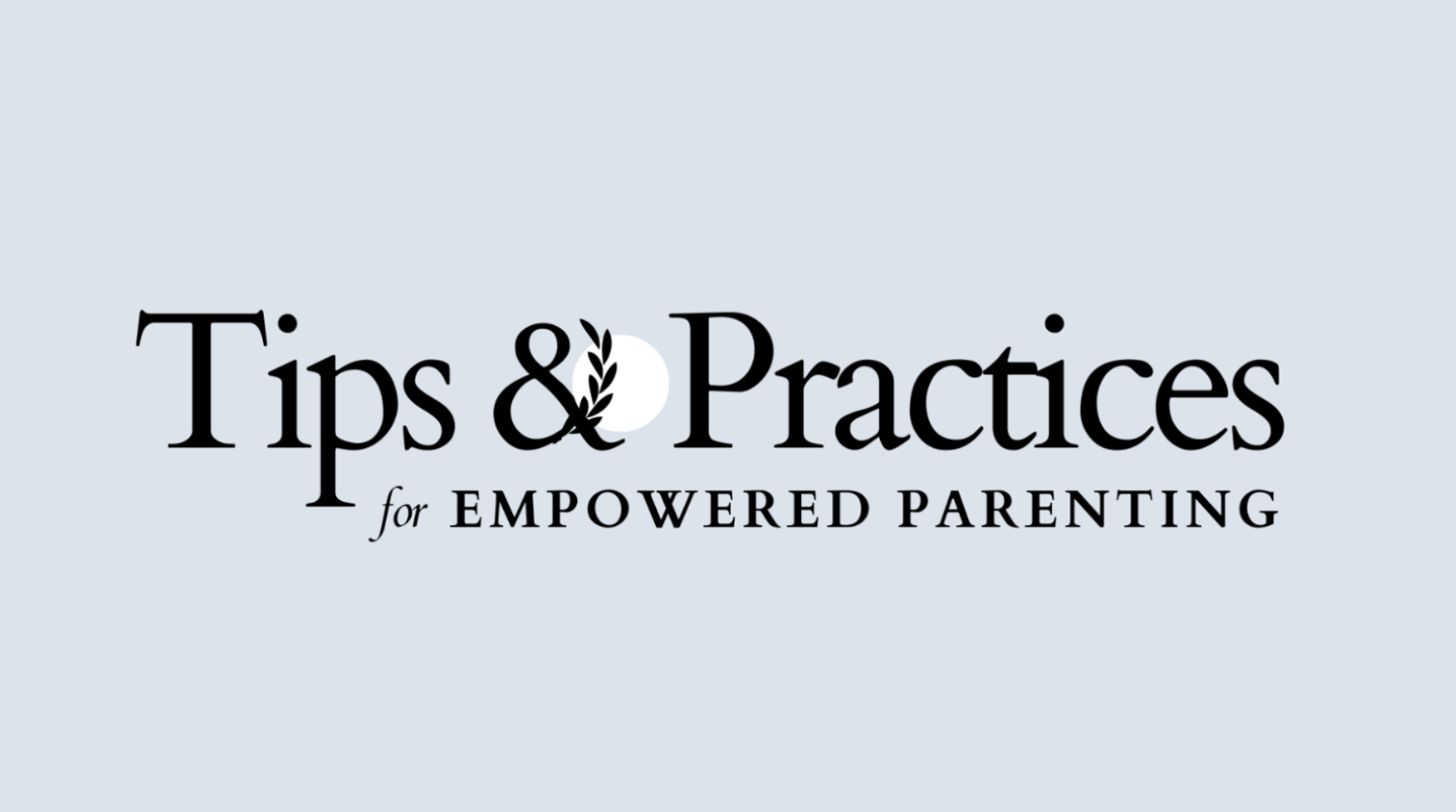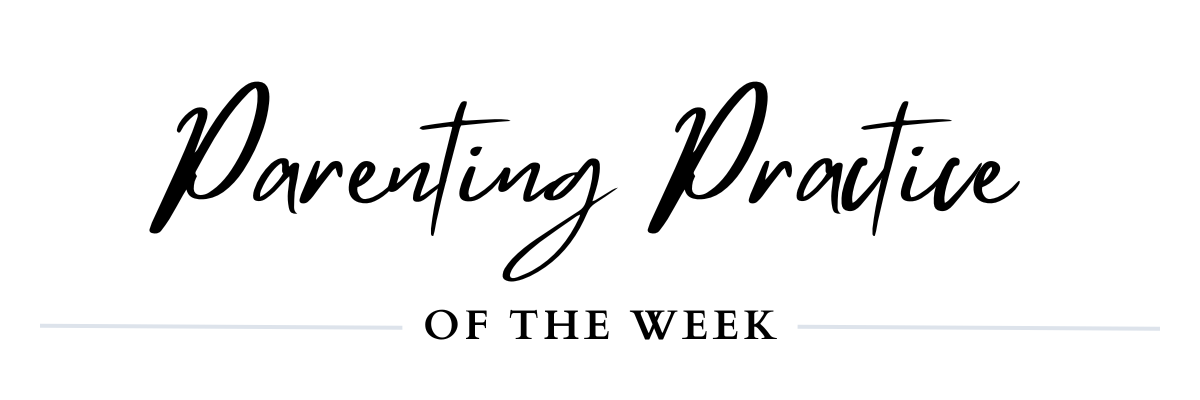The patterns that keep repeating aren’t the problem

Here’s a question to sit with this week:
How much of your life do you welcome, and how much do you resist?
So much of our suffering comes from fighting what is.
When life feels out of control, we tighten, fix, and try to change it.
But what if transformation begins not in resistance, but in acceptance?
Not the kind that says
“fine!” with crossed arms…
But the kind that can softly acknowledge:
“This isn’t how I wanted it to be.”
That honesty can feel tender, especially if we were never taught how to feel our feelings. Yet naming what’s real is often the quickest way through the pain and toward clarity.
Because when we act from
“this shouldn’t be happening,” we react.
When we meet the moment as it is, we respond from wisdom, not fear.
And what does that have to do with parenting?
Everything. Because we’re not just raising children.
We’re teaching them how to be human.

This Is What's True
When your child (or you) is struggling, notice the impulse to fix or control.
Then pause.
Take a breath.
And name what’s true.
“My child is dysregulated.”
“I feel overwhelmed.”
“This moment is messy.”
“I wish it were different. And this is what’s real right now.”
Let that truth land. Not to give up, but to get grounded.
Because once your body settles, you’ll have more capacity for clarity, creativity, and care.
Why It Works:
When we meet a moment with presence instead of resistance, the nervous system settles.
We shift from reactivity to receptivity. And receptivity is where connection happens.
This is how children learn emotional safety.
Not because we fix everything, but because we show them how to stay with what’s hard.
Naming what’s true creates coherence.
It turns chaos into something that can be seen, felt, and moved through.
Over time, children learn:
“Hard things don’t have to be hidden or avoided.
I can be with what’s real and move through it.”
That’s resilience. That’s wisdom.
Through the Coach Lens:
Parents often enter coaching wanting tools to fix behavior.
But real change comes from shifting how they relate to what’s hard.
As a coach, you can help clients notice resistance:
“I just wanted it to stop.”
“I knew I should’ve handled it better.”
“I hated how I felt.”
These are openings (or what we call ‘doorways’ here at Jai).
You might ask:
“What were you hoping wouldn’t be true?”
“What happened when you met the moment as it was?”
Supporting this shift - from resistance to presence - creates more choice, connection, and compassion in every part of life.
You don’t have to like the moment to meet it. And meeting it doesn’t mean giving up. It means showing up.
When you name what’s true, you create space:
For presence instead of panic.
For clarity instead of control.
For wisdom instead of reactivity.
You become a parent who can say,
“This is hard, and we’re here.”
Who teaches resilience not by avoiding difficulty, but by moving through it… with grace.
Share This Article:
Curious for more?














